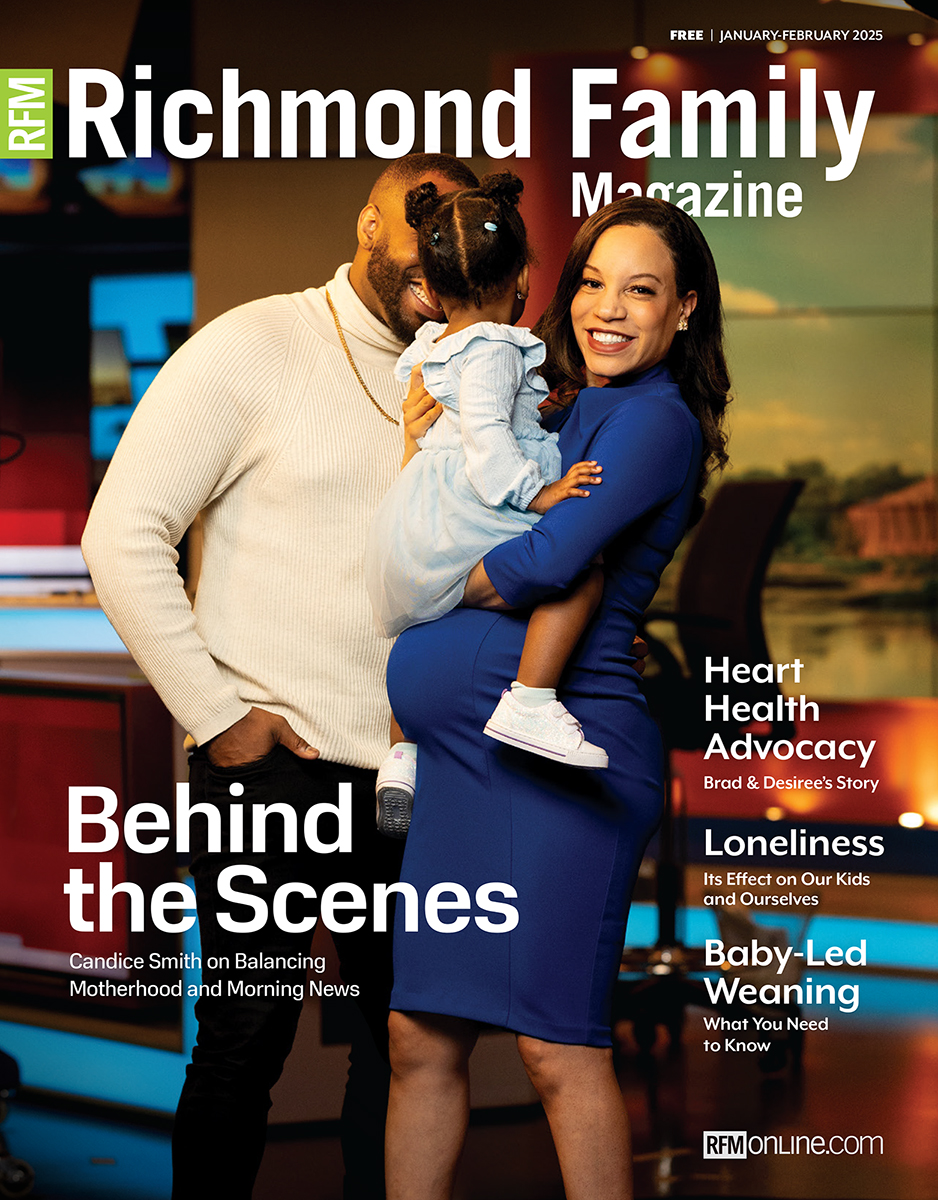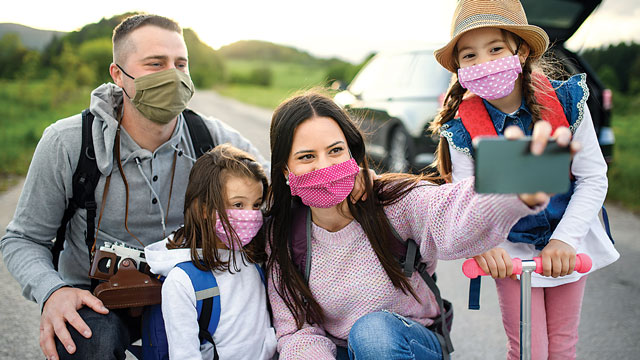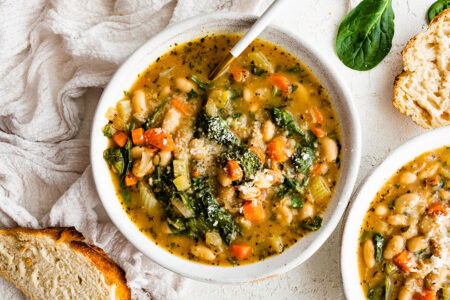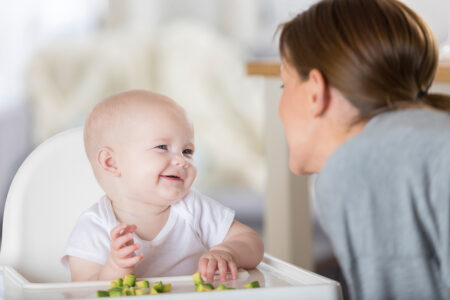Updated Friday, July 16
Dr. Danny Avula, public health expert, on vaccination, mask-wearing, staying patient, and supporting the community
Since I took on the role of statewide vaccine coordinator in early January, I have spent most of my waking hours thinking about how to ensure that Virginia has a steady supply of COVID-19 vaccine doses and how to distribute the vaccine safely and equitably across the Commonwealth. But I am also very aware that in the months ahead, a steady supply of vaccine and a good plan for distributing it are not all we need if we want to be in a safer, stronger place a year from now.
You absolutely should get the vaccine as soon as it is available to you; it is safe, effective, and very necessary. But if we want to carry ourselves and each other as safely as possible through the remainder of this pandemic, there are a number of things we must do in addition to getting vaccinated.
Read the latest executive order regarding health and safety protocols for COVID-19. This includes an important update related to capacity and safety protocol. Starting May 28, all distancing and capacity restrictions are lifted in Virginia. “Commonsense mitigation measures have kept Virginians safer over the last fifteen months, and with COVID-19 vaccines now widely available, it is time to begin our new normal.” – Governor Northam
First and most importantly, keep social distancing and keep wearing a mask if you feel safer and/or you have been vaccinated.
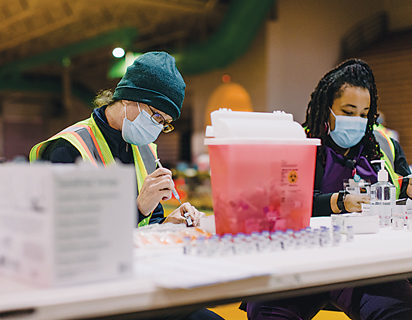 I know we are all tired of wearing masks and keeping our distance from people who matter to us. I am so tired of it, too. So are my wife and kids and everyone else I know. But we might not be ready to quit yet. Remember that the vaccine doesn’t offer 100% protection against the virus, and you can still contract a milder case of COVID-19, so you may be endangering friends, loved ones, and strangers in the grocery store if you don’t continue to use the tools that we know help to protect us. Even after you are vaccinated, you might continue to wear a mask, stay at least six feet away from others outside your household, and wash or sanitize your hands frequently.
I know we are all tired of wearing masks and keeping our distance from people who matter to us. I am so tired of it, too. So are my wife and kids and everyone else I know. But we might not be ready to quit yet. Remember that the vaccine doesn’t offer 100% protection against the virus, and you can still contract a milder case of COVID-19, so you may be endangering friends, loved ones, and strangers in the grocery store if you don’t continue to use the tools that we know help to protect us. Even after you are vaccinated, you might continue to wear a mask, stay at least six feet away from others outside your household, and wash or sanitize your hands frequently.
Talk with friends, family, and coworkers about your decision to be vaccinated.
In the beginning, demand for the COVID vaccine far exceeded supply. Millions of people across Virginia and billions around the world had been anxiously awaiting the vaccine’s arrival. While vaccination rates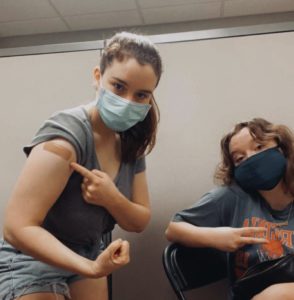 in Virginia are impressive, we still need to make progress on helping people who are skeptical about the vaccine or who distrust the government. If you have gotten the vaccine or will get it soon, share your experience with the people in your life in a positive, non-judgmental way. Listen to their concerns, and let them know you are available if they have questions or want to talk. Hearing about your firsthand experience can go a long way toward helping someone else make an informed decision, and every person who gets vaccinated brings us one step closer to the end of the pandemic. Remember that children ages twelve and older may safely receive the vaccine. Vaccinating your kids will make returning to school in the fall a healthier and more enjoyable experience for everyone.
in Virginia are impressive, we still need to make progress on helping people who are skeptical about the vaccine or who distrust the government. If you have gotten the vaccine or will get it soon, share your experience with the people in your life in a positive, non-judgmental way. Listen to their concerns, and let them know you are available if they have questions or want to talk. Hearing about your firsthand experience can go a long way toward helping someone else make an informed decision, and every person who gets vaccinated brings us one step closer to the end of the pandemic. Remember that children ages twelve and older may safely receive the vaccine. Vaccinating your kids will make returning to school in the fall a healthier and more enjoyable experience for everyone.
Continue to look for ways to help others, and ask for help when you need it.
This year has been devastating for so many of us; an unfathomable number of people have lost loved ones or jobs or homes or have struggled with hunger or substance use. Those who haven’t faced major losses have still been dealing with the impact of too much stress coming from too many directions for too many months in a row. We casually say that we are “burned out,” but there’s a different word psychologists use for burnout-level stress. It’s called demoralization – that point when things get so difficult that we lose our sense of purpose and meaning and just want to give up. Who hasn’t felt at least a little (or maybe a lot) like that over the past year?
Wherever you can in the months ahead, continue to look for ways to help others. This might mean volunteering or donating to a cause, but it might also mean finding a little more grace for your angry, cooped-up teenager, or your coworker who seems distracted and overwhelmed, or your older neighbor who always wants to talk when you just don’t have time. Your generosity and grace will help us arrive at the end of the pandemic with our humanity a little more intact.
And just as importantly, remember to ask for help when you need it – from your loved ones, from your coworkers, from a counselor, from an organization that helps with food or childcare or rent relief. Help is available, and we will all emerge from this more whole if we are willing to ask for it.
Do your best to be patient.
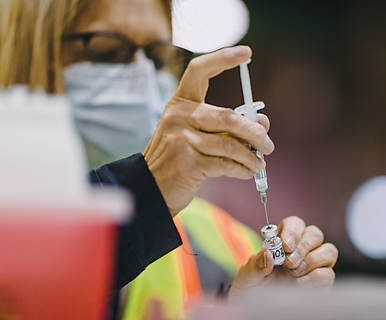 It’s natural to feel anxious and frustrated if you or a loved one may have to wait weeks or months longer to receive the vaccine. Please believe me when I say that our vaccination teams at the state and local level are frustrated, too; we wish we could offer the vaccine to every person who wants it right now – today. The first waves of supply are reserved for our most vulnerable and exposed populations because they need it most, and we need everyone to do their best to be patient in the meantime. No one outside of these priority groups should expect to be vaccinated before it is their turn.
It’s natural to feel anxious and frustrated if you or a loved one may have to wait weeks or months longer to receive the vaccine. Please believe me when I say that our vaccination teams at the state and local level are frustrated, too; we wish we could offer the vaccine to every person who wants it right now – today. The first waves of supply are reserved for our most vulnerable and exposed populations because they need it most, and we need everyone to do their best to be patient in the meantime. No one outside of these priority groups should expect to be vaccinated before it is their turn.
When history looks back on 2021, I would like it to read that we took the best care of each other that we could, not that there was a lot of elbowing to the front of the line by people who were too vocal, or connected, or impatient to wait. Please be as patient as you can.
Stay informed about your options.
The vaccine shortage at the start of the year was challenging for all of us, but things got easier as our supply increases. Local health departments are partnering with primary care providers, urgent care centers, and pharmacies to offer the vaccine. We have also built partnerships with faith-based communities and other community hubs to help us offer pop-up vaccination events for eligible people in their networks.
In the meantime, as soon as you are eligible to receive the vaccine, call the statewide vaccination hotline at 1-877-VAX-IN-VA (1-877-829-4682) or visit vaccinate.virginia.gov for assistance with finding an appointment. Most local health department offices are receiving hundreds or even thousands of inquiries each week, so if your doctor, employer, or pharmacist offers you the opportunity to receive the vaccine before the health department does, take it!
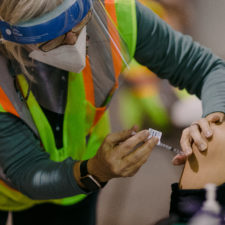 To learn more about vaccination in Virginia, visit the Virginia Department of Health.
To learn more about vaccination in Virginia, visit the Virginia Department of Health.
Read about Dr. Danny Avula in this article by Joan Tupponce.
Photos: Kate Thompson

